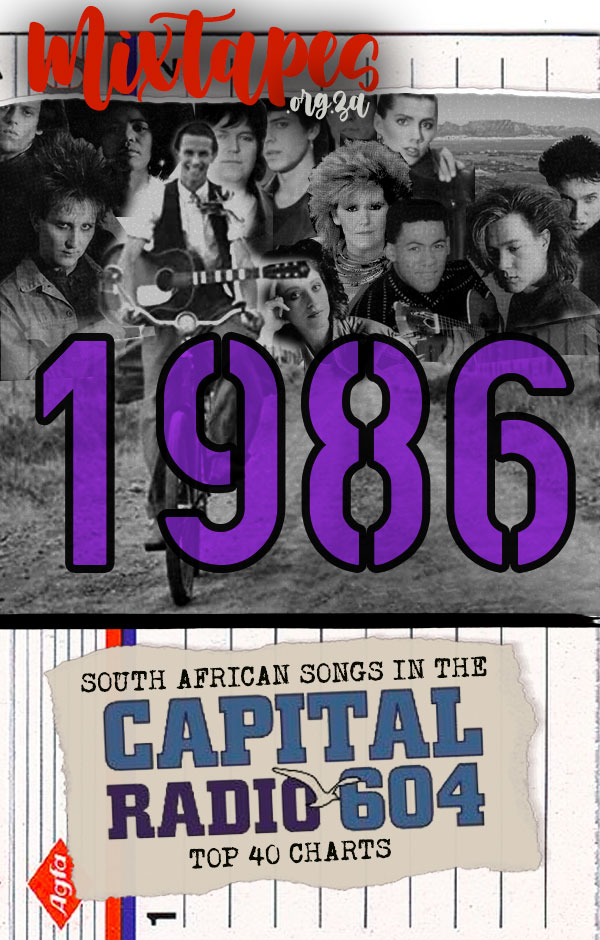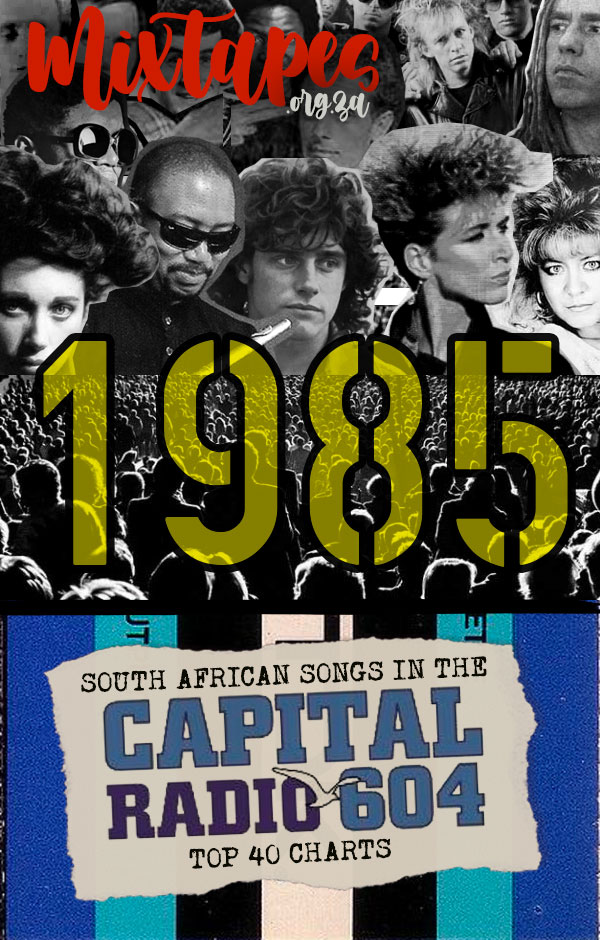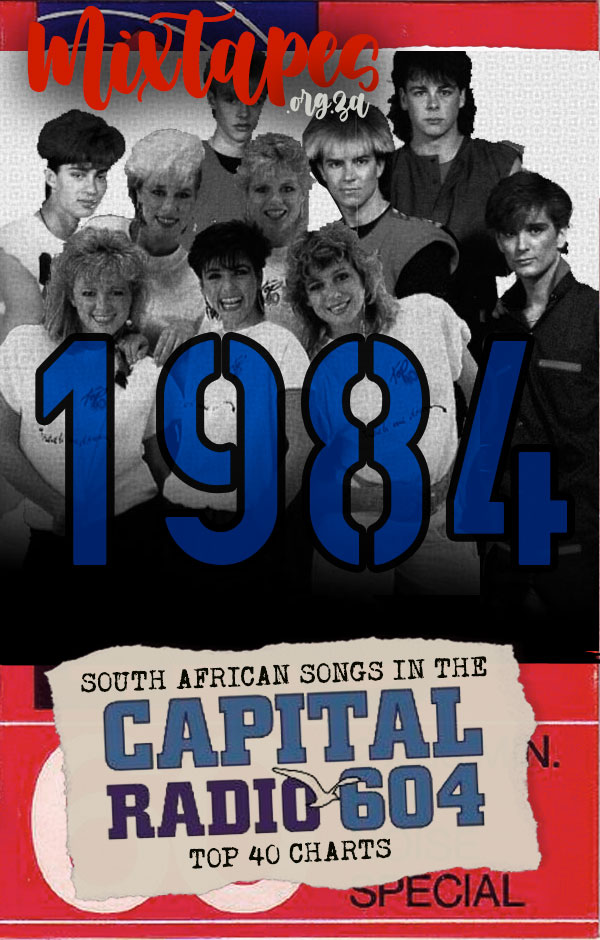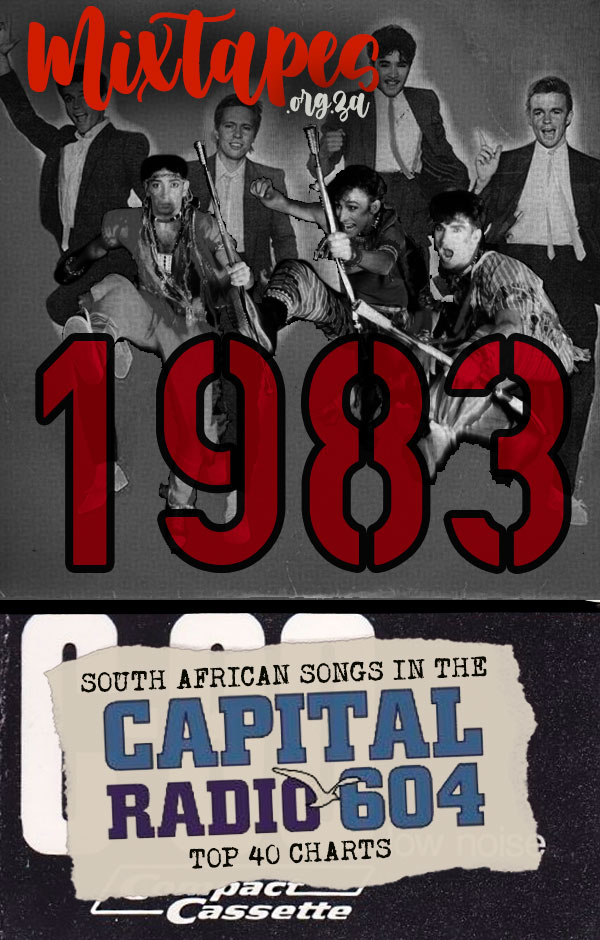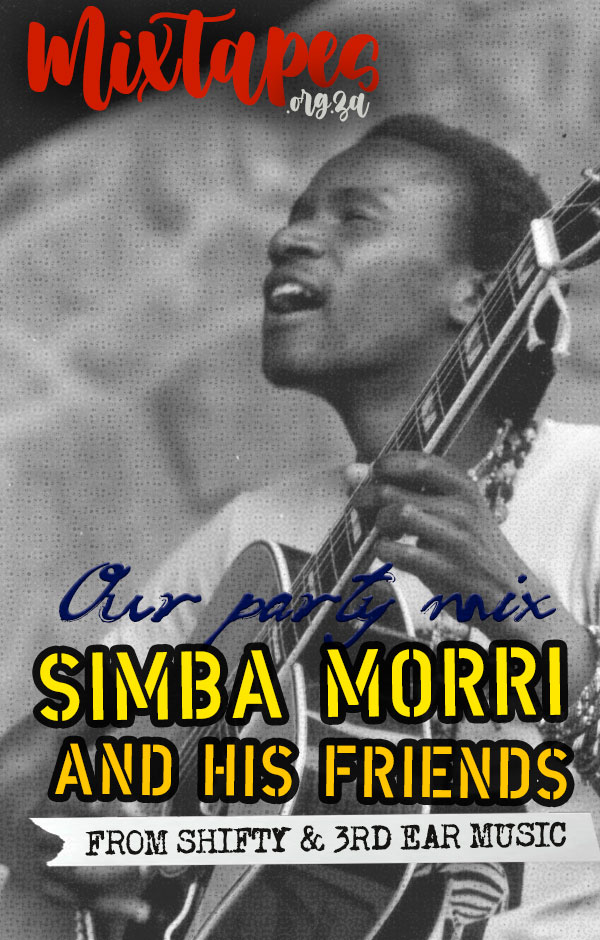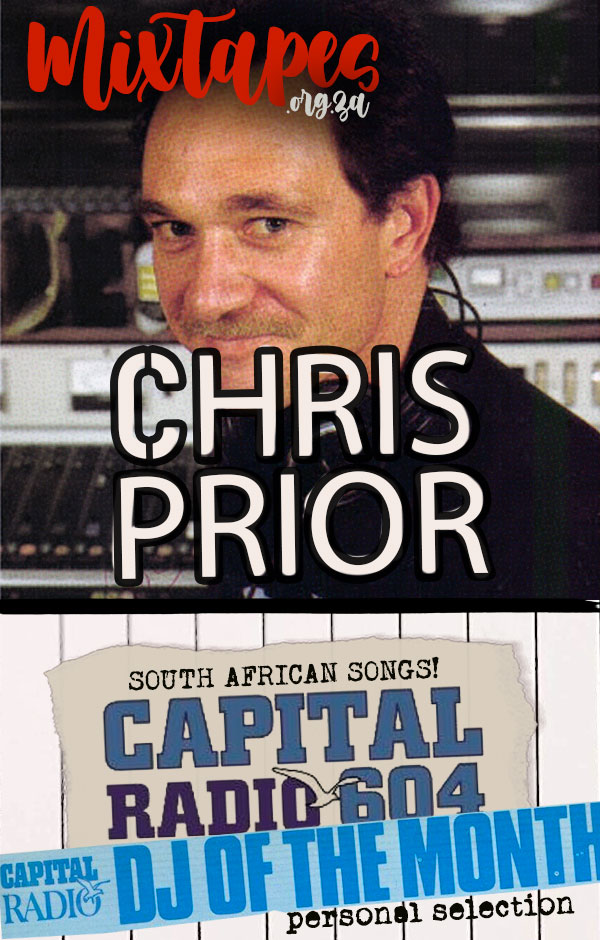
Chris Prior was one of the original dee jays on Capital radio when it first aired in 1979. He spent the late 1960s and first half of the seventies travelling the world before joining the SABC, initially for a brief spell with the news department and then the English Service where he was with Radio Today for two and a half years as a radio journalist and then he was appointed as editor of Audio Mix round about 1978. And then at the end of ’78 Capital Radio took him on as their specialist music presenter, programmer and he was with them for two years. After a brief period overseas he joined SABC’s Radio 5 at the end of ’81, beginning of ’82 and was with them into the early-mid 1990s. During this time he became known as the ‘rock professor’ for his knowledge of blues and rock music which was reflected in his playlists. Since the mid-1990s he has continued to host specialist rock shows through various outlets and is currently hosting The Rock Professor Show every Friday evening on MC90.3 Plettenberg Bay and Knysna 97.0 FM (also available as a Podcast).
Reflecting on South African music in the 1980s he lamented “the type of material that the record companies had chosen to record and the lack of effort that they put behind musicians of real worth and calibre …the type of crap that they thought the listeners should hear. You know, the kind of music that they were selling, that they actually put a bit of money behind – it was never much – was the sort of Euro-centric disco twaddle that really wasn’t worth anything at all. And that in essence was all that South African music consisted of. Fortunately in the ’70s there was the sort of underground element, and I think in terms of Mike Dickman playing guitar, and Abstract Truth were a very nice band. I mean now they’re horribly dated, but in those days they were jolly interesting and innovative. Julian Laxton and Freedom’s Children and all that stuff. I mean Baxtop: great, great, great! And in the ’80s we had bands like Falling Mirror. I mean there were always bands that were just a little outside of the outside. But what was available as a DJ to play was pure shlock.”
Fortunately Chris Prior has been able to provide us with a grooving playlist of South African music from the late 1970s into the early 1990s which we can enjoy, from the Radio Rats, Finch & Henson and Baxtop in the late 1970s to Neill Solomon & the Uptown Rhythm Dogs in the early ’80s, eVoid, Cherry Faced Lurchers, Falling Mirror, Tribe After Tribe and Edi Niederlander in the mid ’80s, the Genuines and Celtic Rumours in the late 1980s and Mauritz Lotz in 1991.
Show Playlist + Poll–


